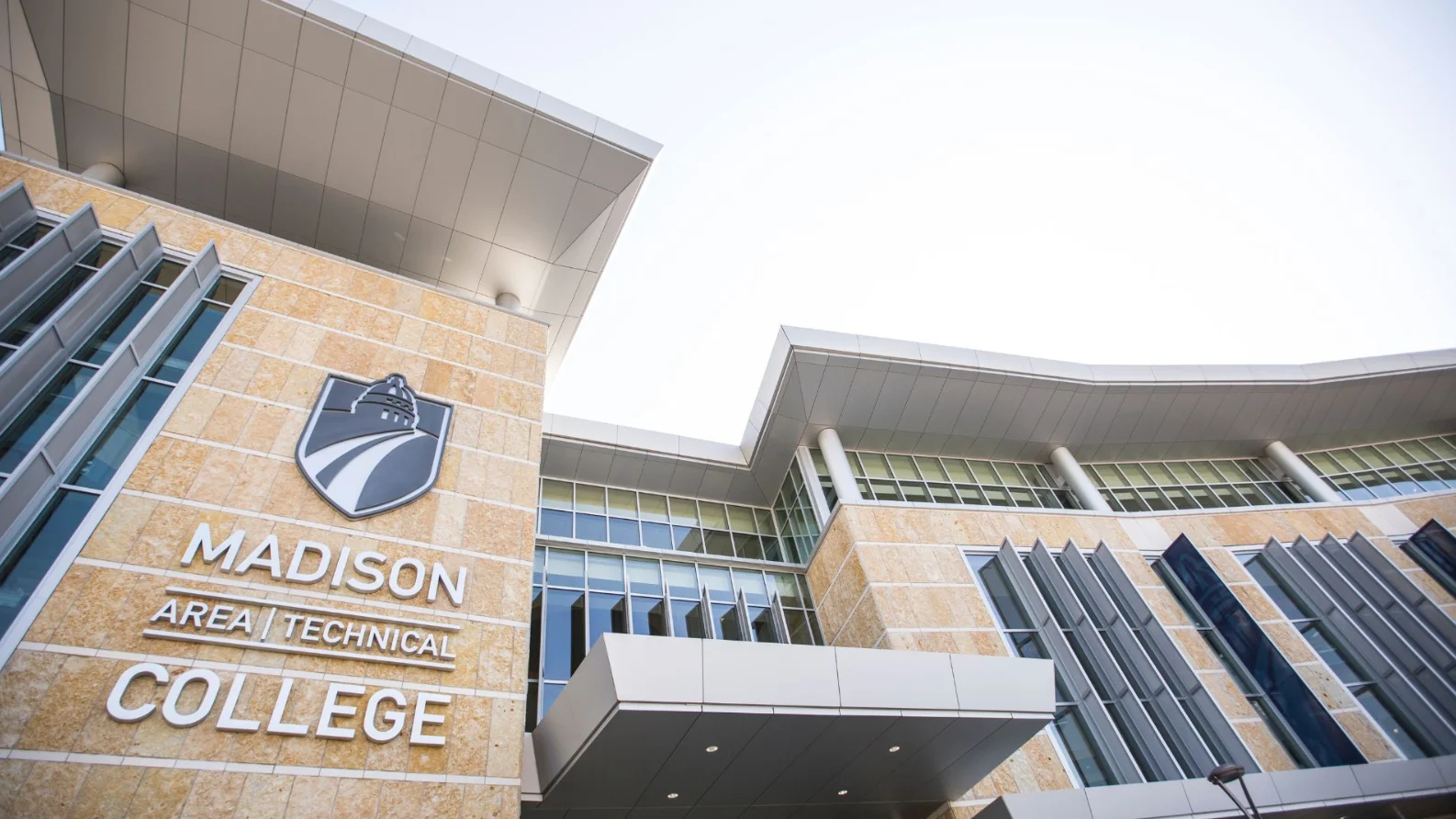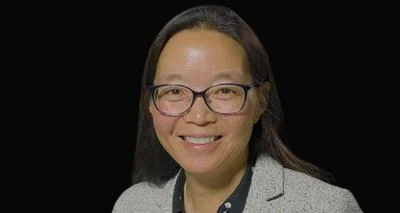Madison Area Technical College | Madison College
Madison Area Technical College | Madison College
Madison College, in partnership with UW Health, the Wisconsin Department of Workforce Development (DWD), and the Workforce Development Board of South Central Wisconsin, has launched a surgical technology associate's degree registered apprenticeship. This initiative is the first in the United States to offer all coursework required for an associate degree along with eligibility to take a board examination for surgical technologists.
The program combines academic instruction with practical apprenticeship training. It aims to address shortages in the health care workforce and reduce barriers for those seeking careers as surgical technologists. Surgical technologists are responsible for preparing operating rooms before surgery, promoting patient safety, assisting surgeons during procedures, and caring for instruments and supplies.
Currently, the three-year program is available to UW Health staff. The inaugural class includes six students who will earn an associate degree upon completion and can pursue licensure as registered surgical technologists after passing board examinations. Madison College faculty will provide classroom instruction in modern facilities, covering both prerequisite and core courses related to surgical technology.
Marissa Tokarczyk, dean of the School of Health Education at Madison College, highlighted the institution’s focus on workforce development through collaboration with industry partners. "Our dedication to apprenticeship partnerships continues to grow, and the launch of the surgical technologist registered apprenticeship is a clear example of that progress," Tokarczyk said.
Tokarczyk also pointed out that demand for health care professionals exceeds current graduation rates. She stressed the importance of academic and clinical partnerships that support existing workers—particularly those who may not otherwise have access to higher education.
Bridgett Willey, director of allied health education and career pathways at UW Health, described how comprehensive this new program is: "The program encompasses the entire associate degree from prerequisites to degree completion and corresponding credentialing," she said. Willey added: “Like many health care roles, surgical technologists are in high demand and critical to health care systems' abilities to provide surgical procedures. Surgical technologists provide care for patients and are an essential part of surgical care.”
Health care apprenticeships have expanded rapidly across Wisconsin due to growing sector needs. The DWD Bureau of Apprenticeship Standards reports significant growth since 2018 when Wisconsin launched its first health care registered apprenticeship pathway. Since then, UW Health has worked with DWD to introduce eight additional pathways—including programs for registered nursing and respiratory therapy—that grant degrees upon completion.
Interest in youth apprenticeships within health sciences is also increasing statewide. In the 2023-24 school year alone, more than 2,089 students participated in these pathways; 50 were placed at UW Health facilities.
Amy Pechacek, secretary at DWD, emphasized how vital these programs are: "Closing workforce gaps in health care is vital to both the well-being of our communities and the sustainability of our health care systems,” she said. "This apprenticeship program opens doors for more individuals to enter high-demand health care fields. The DWD remains committed to collaborating with partners to build and sustain a strong health care workforce for the future."
Jennifer Berne, president of Madison College, welcomed participants in this initial cohort.
Willey further explained: “Like our other apprenticeships, this innovative program will support our existing employees in their career growth and path to higher-paying positions in health care,” she said. “It benefits our larger community by ensuring that our workforce reflects and better serves the growing needs of our patients.”
Funding from an apprenticeship expansion grant secured by the Workforce Development Board will cover tuition costs as well as books and supplies during participants’ first two years; UW Health will fund salaries, benefits, and tuition beyond that period.
Apprentices will spend their first year working in materials management or central supply before transitioning into sterile processing roles over their final two years while completing their coursework. Upon graduation—and after passing their board exams—they will move into full-time surgical technologist positions at UW Health.





 Alerts Sign-up
Alerts Sign-up